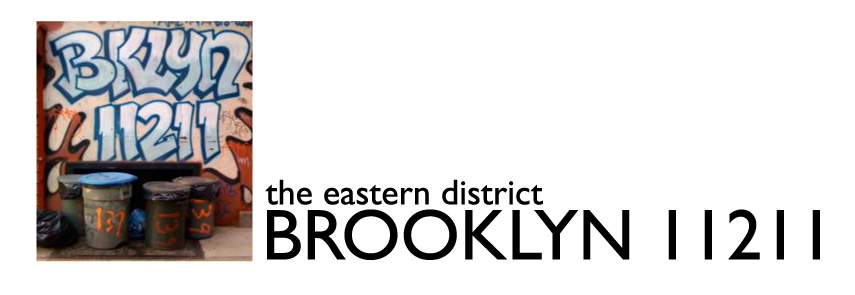More on the Sweater Factory Lofts
I linked briefly to the New York Times article on the ongoing Sweater Factory saga. Herewith, some more thoughts:
“It’s not crime and disinvestment that’s the enemy of the working-class jobs here anymore,” said Leah Archibald, the director of the East Williamsburg Valley Industrial Development Corporation, a nonprofit entity that administers the Industrial Business Zone. “It’s gentrification that’s become the enemy.”
Leah is absolutely right, but what did we expect when the city carved out the Bushwick Inlet industrial zone in 2005? This small enclave of manufacturing is surrounded by new residential zones targeted for luxury housing, so is it really surprising to anyone that manufacturing is not really viable there? Despite calls from many in the community to provide better industrial retention policies, more truly mixed-use zoning and lower densities, this was simply not a priority for City Planning or the loudest voices on the community side. So now this 17-block area now sits isolated and vulnerable amid a sea of new housing. I had a lengthy interview with the Times reporter about the Sweater Factory (alas, no quote!), and made this very point to her. With residential uses unavailable (legally, at least), the highest and best use in this tiny triangle has shifted to bars, bowling alleys and hotels. All as-of-right, but uses that necessarily erode the viability of manufacturing.
When the City set up the Industrial Business Zones in 2005, they made a commitment to slow the flow of variances and rezonings in M zones. That approach has largely worked in East Williamsburg, where there is enough critical mass and enough distance from residential districts (though all bets are off when Bloomberg leaves office). Yes, there are plenty of loft conversions there, but percentage-wise, manufacturing remains the dominant use. Not so in Bushwick Inlet, where the gentrification is not the Sweater Factory lofts but the host of new as-of-right uses that command rents many times higher than manufacturing. About the only bright lining in this area is the rise of tech jobs.
“We take all this stuff very seriously. That’s why we’ve been out there numerous times,” said Ryan FitzGibbon, a department spokeswoman. If the owners of 239 Banker continued to flout the law, she said, it would be possible to take them to court. But with the application pending, she said, “The agency will work with the loft board on this situation to try to legalize the conditions.”
While the DOB tries to defend its embarrassing lack of enforcement, the fact is that they may have been out there numerous times, but they never did much to actually enforce their stop work orders. The DOB has been the prime enabler in this saga, and hiding behind the loft law (which I understand probably doesn’t even apply at this property), is insane.
